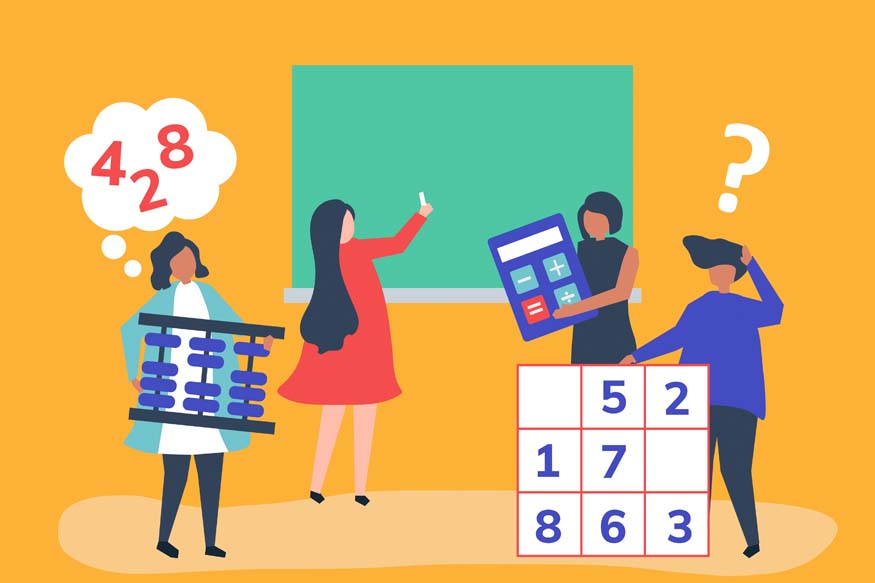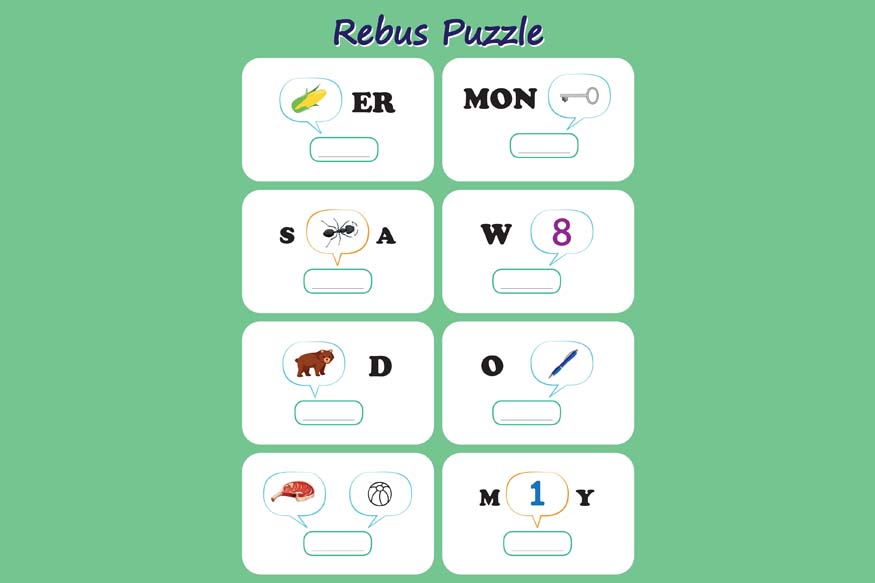Success in academics is not just about intelligence. It is about developing good habits, maintaining discipline, and having a positive attitude towards learning. Every student has the potential to succeed with the right mindset and approach. Here are ten key traits that make a student successful.
- Self-Discipline
- Motivation to Learn
- Strong Work Ethic
- Good Time Management
- Active Participation in Class
- Strong Reading and Writing Skills
- Ability to Accept Feedback
- Problem-Solving Skills
- Positive Attitude and Perseverance
- Respect for Teachers and Peers
A successful student knows how to manage time and stay focused. They complete assignments on time, avoid distractions, and set clear study goals. Self-discipline helps students resist the urge to procrastinate and develop a habit of working regularly.
For example, a student who studies a little every day instead of cramming the night before an exam is more likely to understand the subject well. Keeping a study schedule and following it with commitment leads to better results.
Students who are eager to learn always perform better. They do not just study to pass exams but to gain knowledge. Their curiosity pushes them to ask questions, explore new ideas, and go beyond what is taught in class.
For example, a student interested in science might read about discoveries outside the textbook. This kind of learning helps them connect different concepts and remember information for a long time.
Hard work is essential for success. A strong work ethic means putting in effort consistently, even when studies become challenging. Successful students do not give up when they struggle with a subject. Instead, they practise more, seek help, and improve their understanding.
For example, a student struggling with mathematics may solve extra problems or ask a teacher for guidance instead of ignoring the difficulty.
Managing time wisely allows students to balance studies, activities, and relaxation. A successful student plans their day well and avoids wasting time.
For example, a student who plans study sessions has enough time to revise before exams. They also make time for hobbies and exercise, which keep the mind fresh.
Simple steps like using a planner, setting deadlines, and prioritising important tasks help in managing time better.

Listening carefully, asking questions, and engaging in discussions help students understand lessons better. Active participation shows a keen interest in learning and improves concentration.
For example, a student who takes notes and answers questions in class finds it easier to remember topics later. Being involved also helps in developing confidence and communication skills.
Reading improves knowledge, while writing helps in expressing thoughts clearly. Successful students develop good reading habits and practise writing regularly.
For example, reading different books, articles, or newspapers improves vocabulary and comprehension. Writing essays, summaries, or even maintaining a journal strengthens language skills.
These skills are useful not only in academics but also in future careers.

A successful student is open to feedback and willing to improve. They listen to teachers, parents, and mentors without feeling discouraged.
For example, if a teacher suggests improving handwriting or structuring answers better, a good student takes it seriously and works on it. Accepting feedback helps in continuous learning and personal growth.
Challenges are a part of learning, and successful students know how to solve problems effectively. Instead of feeling frustrated, they stay calm and think of solutions.
For example, if a project deadline is near and a student faces technical issues, they quickly find an alternative way to complete the task instead of giving up.
Being able to analyse situations, make decisions, and find solutions is a valuable skill that helps in studies and everyday life.
Success requires patience and determination. A positive attitude helps students stay motivated even during difficult times.
For example, if a student scores low in one test, instead of feeling discouraged, they should learn from mistakes and work harder for the next one.
Failures are a part of growth, and successful students use them as learning opportunities instead of setbacks.

A respectful attitude creates a good learning environment. Successful students listen to their teachers, follow instructions, and cooperate with classmates.
For example, showing kindness to a struggling classmate or being polite during discussions builds strong relationships. A positive classroom atmosphere helps everyone learn better.
Being respectful also includes following school rules, being punctual, and appreciating the efforts of teachers.
Conclusion
Success in academics is not about being the smartest but about having the right habits and mindset. A disciplined, hardworking, and curious student always finds ways to improve. Students can perform well in school and beyond, by developing these key traits.
At Centre Point School (CPS), students are encouraged to build these qualities through interactive learning, teamwork, and a supportive environment. By focusing on discipline, curiosity, and respect, CPS helps students become confident learners and future achievers.





